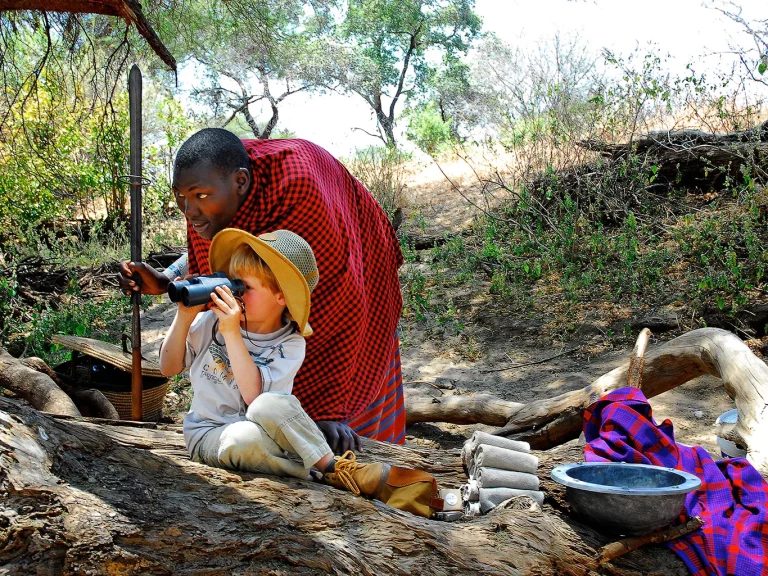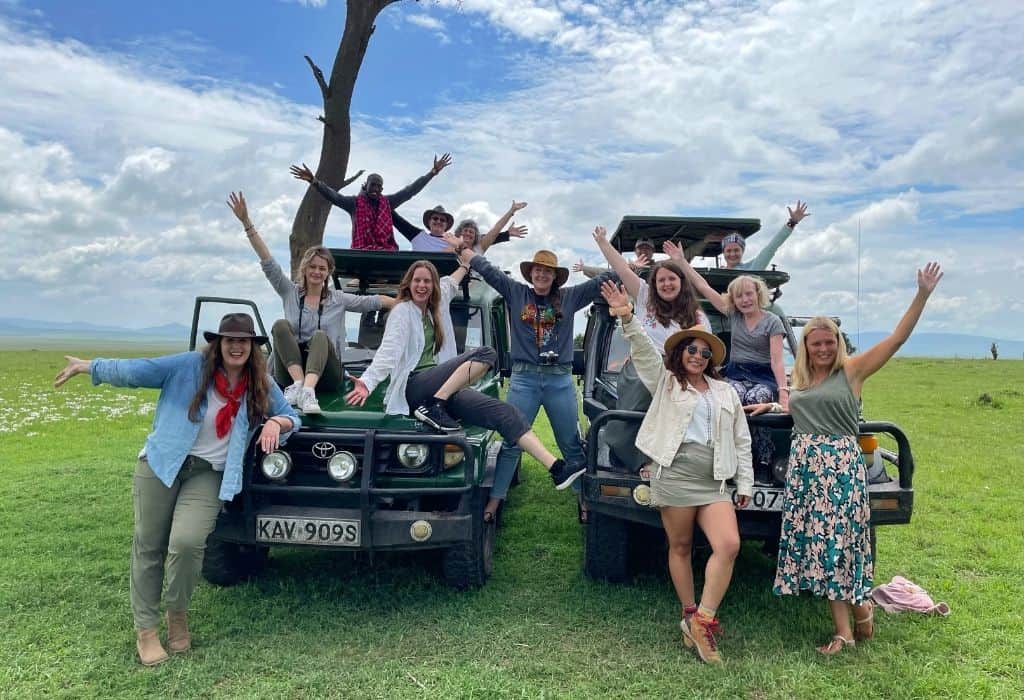Top Facts To Picking Mombasa Watamu Snorkeling
What Security And Safety Considerations Should I Be Aware Of While Holidaying In Mombasa?Being aware of security and safety concerns when you travel to Mombasa, Kenya is vital for a safe and pleasant journey. Here are some essential points to keep in mind:
1. General Safety
Stay up-to-date: Make sure to stay up-to-date on the latest local news, and also any travel warnings that are issued by your country.
Register with Your Embassy: If you are able to you are eligible, sign up at your consulate or embassy in Kenya in order to assist you in case of an emergency.
2. Health Precautions
Immunizations: Make sure you're current with your routine vaccinations. You may also want to think about additional vaccines like Hepatitis A, Hepatitis B, Typhoid, and Yellow Fever.
Mombasa has a very high rate of malaria. Use antimalarial medications as well as insect repellents. Wear long sleeves in the evening and sleep under mosquito nets.
Food and water safety: Drink bottled or boiled water, stay clear of the use of ice cubes, and consume cooked food. Be cautious with street food.
3. Personal Security
Avoid walking at night alone: stick to well-lit areas and areas that are densely populated. Avoid walking along the beach or in secluded areas after dark.
Secure Your Valuables Hotel safes are a good option for passports, money, and other valuables. Avoid displaying expensive electronics or jewelry.
Choose reputable travel: Choose registered taxis and ride-hailing companies, or use transport that is provided by the hotel. Beware of taxis that aren't clearly marked.
4. Local Laws and Customs
Respect the culture of your local area. Dress modestly especially when visiting religious places. Be familiar with local customs and practices.
Drug Laws: Kenya has strict drug laws that have severe penalties. Beware of any involvement in illegal drugs.
Photography: Request permission prior to taking photographs of people, especially in rural settings or around government or military installations.
5. Beach Safety and Water Safety
Swim safely. Listen to local information regarding conditions, currents and swimming. Be sure to use designated swimming areas.
Marine Wildlife: Be mindful of marine creatures such as jellyfish and sea urchins. When walking on the beach, wear appropriate footwear.
6. Crime Prevention
Petty Crimes: The theft of a purse, bag theft, and other crimes can happen in busy areas. Make sure your possessions are in a secure location and be vigilant.
Scams: Be wary of anyone who offers assistance that appears to be too generous or offers that are too tempting to be real. Use only licensed tour operators.
Keep the emergency contact numbers on hand for emergency services: Fire (999), Police (999) and Ambulance (9999). Keep the contact information of your consulate or embassy handy.
7. Natural Hazards
Weather: Mombasa has a tropical climate that is susceptible to floods and heavy rains, particularly during the rainy season (April-June and October-November). Be alert to weather forecasts.
Sun Protection Apply sunscreen and wear a hat to avoid sunburn.
8. Travel Insurance
Comprehensive coverage. Make sure that the travel insurance you purchase provides coverage for medical emergencies, theft and loss, in addition to travel disruptions. Make sure that your insurance policy covers water sports or other activities you are planning to take part in.
With these safety precautions You can rest and relax and enjoy your Mombasa vacation. Check out the top rated island snorkeling in mombasa for site tips including mombasa tours, africa in kenya, safari company kenya, tour and travel company, kenya safari tours, kenya safari and beach packages, kenya tours, safari mombasa kenya, afri safari, tours and safaris and more.

What Considerations Regarding Accommodation Should I Be Aware When I Am On Vacation In Mombasa?
When planning your holiday in Mombasa, Kenya, selecting the best hotel is vital for a relaxing and pleasant stay. Take note of these important aspects:
1. Accommodation types
Hotels: Mombasa offers a range of hotels from budget to luxurious. The hotels are located on the beachfront. They have amenities like eating establishments, pools and excursions.
Resorts are a type of resort that tends to be more upscale with a wide range of amenities like all-inclusives, entertainment, and water sports.
Guesthouses/B&Bs. If you're seeking more intimate experiences, try staying at guesthouses, bed and breakfasts or guesthouses. These establishments can provide an intimate and friendly atmosphere.
Vacation Rentals: Options such as Airbnb offer flexibility and are affordable for longer stays or large groups.
Hostels for budget travelers - You can choose hostels that offer basic facilities and are a great place to get together with other travelers.
2. Location
Proximity to Attractions: Choose accommodations close to the places you're planning to visit. Popular areas include Nyali Beach, Diani Beach and the city center close to Fort Jesus.
Transportation Access: If you are planning to explore the different parts of Mombasa consider whether public transport is available or close to major roads.
Safety: Do some research regarding the security in the area you are staying in. Make sure to stick with reputable and well-known neighborhood.
3. Amenities and Services
Internet Access: Ensure that the hotel you stay in has high-quality Wi-Fi. This is particularly important for those who are constantly traveling.
Dining Options Ask the hotel if you are able to take a meal at the hotel, or in the vicinity.
Recreational Facilities: If this is a priority for you, then look for amenities like spas, swimming pools and fitness centers.
Consider Family-Friendly Amenities: When traveling with children, search for hotels that offer family-friendly amenities such as kid's clubs, babysitting services and pools that are child-friendly.
4. Reviews and ratings
Guest Reviews: Check out reviews on TripAdvisor or Booking.com to read about the experiences of others.
Rates: Pick accommodation that has high ratings for cleanliness and customer service as well as overall experience.
5. Budget
Find out your budget. Find accommodations that will be within your budget. Prices differ based on type of accommodation, the location and the time.
Hidden Fees: Pay attention to additional charges including fees for parking and resort charges.
6. Cultural Experience
Local or international? Choose which you would prefer to experience a global hotel chain or a hotel with an ambiance that is more local.
Community-Based tourism: You can support your local community by choosing eco-lodges. These are options that provide a deeper cultural immersion.
7. Flexible Booking
Cancellation Policy: Make sure you read the cancellation policy and flexibility in the event that your plans for travel are changed.
Booking Platforms - Use booking platforms that are trustworthy and offer safe payment methods, customer service, and assistance.
8. Special Requirements
Accessibility: Ensure that the accommodations are accessible for wheelchair users, or that it can meet food requirements.
Pets: If traveling with pets, check the accommodation's pet policy.
9. Security
Secure Environment: Pick a place that have security features like 24/7 reception, security personnel and secured parking.
Personal belongings: Be sure there are safes in your bedroom or other secure storage options available for valuables.
Be aware of these points when you choose the right accommodation in Mombasa to enhance your holiday experience. Check out the top taxi in mombasa for website info including african safari africa, mombasa tour companies, mombasa safaris kenya, kenya safari holiday, kenya tourism, african safari tours, kenya safaris, mombasa safari, kenya travel packages, trips to kenya and more.

What Financial Planning Considerations Should I Know Before Holidaying In Mombasa Kenya?
Financial planning is essential when you're on holiday in Mombasa. Here are some important aspects to bear in your head:
1. Budgeting
Accommodation: Search and reserve your accommodations in advance. The price of lodging varies significantly based on its kind and its location.
Transportation: Include expenses for local transport, flights (taxis or tuk-tuks rental cars), and possible excursions.
Budget for food and dining, including eating out and snacks. Costs for dining out may vary from local restaurants which are less expensive to high-end, expensive eateries.
Activities and Tours: Make plans for entrance fees to attractions, guided tours and other activities such as water sports, safaris, or tours of the culture.
2. Currency and Exchange Rates
Kenyan Shilling is the local currency in Kenya. Familiarize yourself with the exchange rate.
Currency Exchange: Exchange currency at reputable banks, currency exchange centers, or at your hotel. Don't exchange cash on the streets.
ATMs: Mombasa has many ATMs. Check that your card can be used to withdraw money internationally. Also, check any charges.
3. Payment Methods
Cash: Carry a few dollars for small purchases, tips and for places that do not accept cards.
Major credit cards are accepted at hotels, restaurants and larger shops. Inform your bank of any travel plans you have in order to avoid having your credit card blocked.
Mobile Payments: M-Pesa is one of the popular mobile payment system in Kenya. It can be used for transactions, in the event that you're planning to purchase a local SIM.
4. Cost-saving Tips
Travel Off Season Save money by booking flights and hotels in the shoulder and low season (April - June, and then from October to November).
Pre-book: Secure lower prices on accommodations, flights, and tours by booking well in advance.
Local eateries. You can enjoy the authentic experience of dining in local eateries as well as food stands.
5. Tipping
Tipping in Kenya is a standard custom. If service isn't included, you should tip 10% in restaurants. Make sure you tip the staff of your hotel as well as guides and drivers.
It is possible to tip small amounts of local currency. For example, tip the porters KES 50-100 per bag, and the housekeepers KES100 per day.
6. Emergency Funds
Reserve funds: Keep an emergency fund of cash available and ensure that you have access to cash with a credit card or debit card.
Travel Insurance: Get complete travel insurance that covers medical emergencies, cancellations of trips, and loss or theft of personal items.
7. Security
Secure valuables: Keep spare cash, passports, and other valuables using the hotel's safe. If you are using ATMs in the dark be extra vigilant.
Avoid carrying large sums. Do not carry large cash sums with you. Split up your cash and credit cards into a wallet and an area where it's safe.
8. Local Transactions
Bargaining is a common practice at local markets. Be courteous and maintain a good humor. It is important to get a fair price.
Receipts: Save receipts for big purchases. These can be very helpful for budget tracking and if there are any disagreements.
9. Understanding Fees
Ask your bank for details regarding international withdrawal fees. Certain ATMs charge an additional fee for foreign cards.
Charges for Currency Conversion: Be aware of the conversion costs for currencies that you may be charged by your bank when you use your credit or debit card overseas.
If you manage your finances well, you will be able to enjoy an enjoyable vacation without hassle and manage your expenses efficiently. Check out the recommended mombasa old town for blog recommendations including kenya tours and travel, trips to kenya africa, trips to kenya, trips to kenya, kenya travel, mombasa tours, africa safaris and tours, african safari tours, kenya safaris, kenya travel and more.
